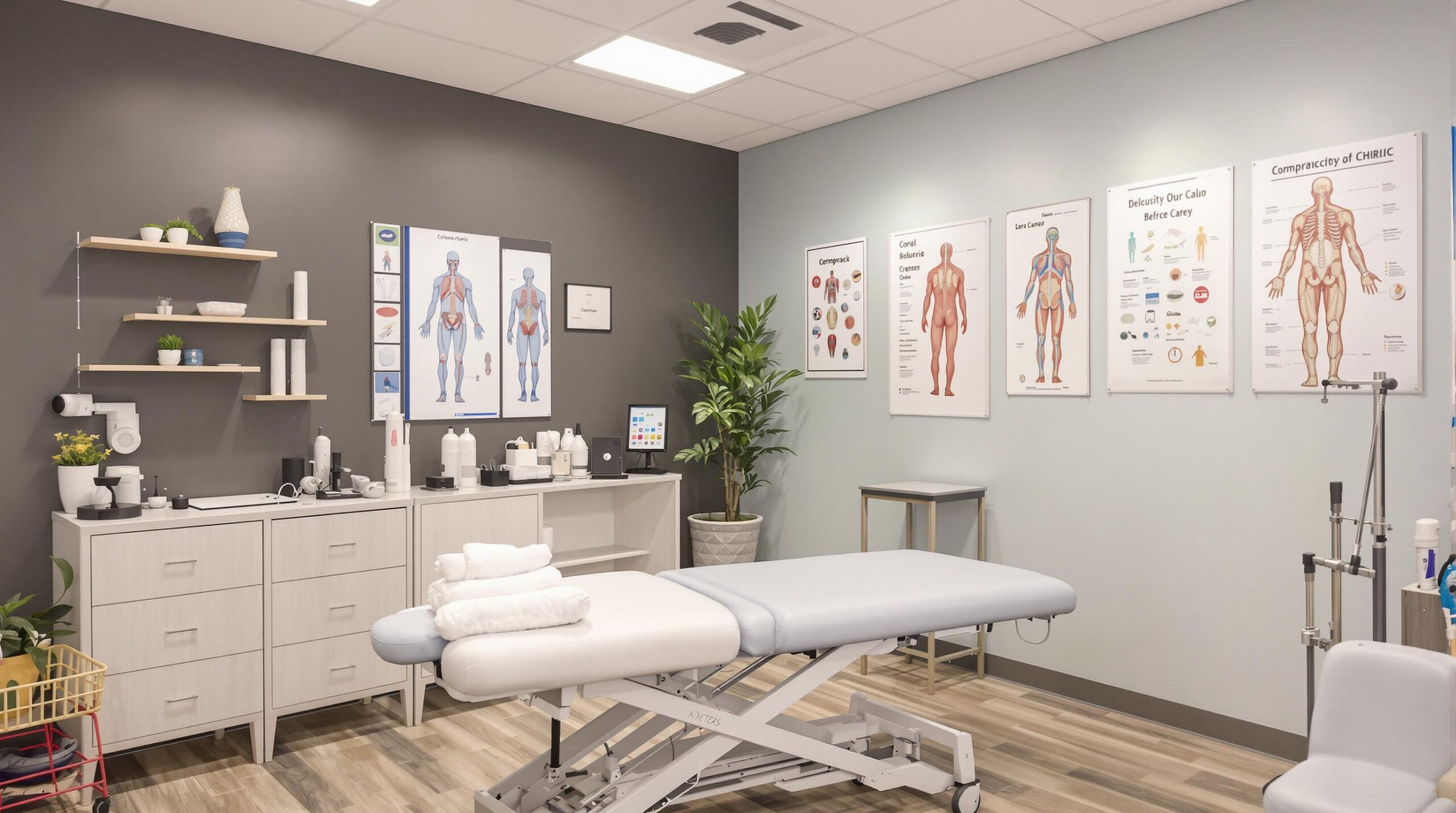Slouching on your couch after a heavy meal might feel good in the moment—but your digestive system strongly disagrees. The connection between posture and digestive health is one that’s often overlooked, yet it’s critical. Poor posture doesn’t just cause neck or back pain—it can physically compress your internal organs, especially those in your digestive tract, slowing things down and increasing discomfort.
This isn’t just an aesthetic or musculoskeletal issue. Chronic bad posture has real physiological consequences, including acid reflux, bloating, constipation, and even irritable bowel syndrome (IBS). Understanding how to align your body correctly could be a game-changer for your gut.
Jump to:
TLDR – Quick Guide
- Poor posture = compressed organs. Slouching squishes your digestive organs and restricts normal function.
- Slower digestion = bigger problems. Think bloating, acid reflux, and irregular bowel movements.
- Correct posture = better gut health. An upright spine means more room for your intestines to do their job.
- Awareness is key. Simple posture changes can prevent long-term digestive issues.
- It’s not just about sitting. Standing and sleeping posture also affect your gut.
Detailed Breakdown
1. How Posture Affects Your Gut Physically
Slouching forward or hunching your back reduces the space in your abdominal cavity. This physical compression can kink the intestines and put pressure on the stomach, disrupting natural peristalsis—the wave-like muscle contractions that help move food through your digestive tract.
According to the National Library of Medicine, posture significantly affects intra-abdominal pressure, which plays a major role in gastrointestinal motility. In simple terms? Bad posture clogs up the system.
2. Link Between Posture and Digestive Disorders
When you slouch, particularly right after eating, stomach acids can more easily travel up the esophagus, leading to heartburn or GERD (Gastroesophageal Reflux Disease). Long-term poor posture is also linked to constipation, as abdominal tension and misalignment slow down your bowel transit time.
A 2017 study showed that individuals with chronic slouched posture had a higher prevalence of digestive symptoms, particularly bloating and acid reflux, compared to those with neutral spinal alignment.
3. The Diaphragm-Digestion Connection
The diaphragm, a muscle that plays a role in both breathing and digestion, is affected by posture. Slumping restricts the diaphragm’s movement, weakening its support for the lower esophageal sphincter. This leads to—you guessed it—more reflux. Proper breathing and posture help the diaphragm perform its role in gut regulation.
4. Standing and Sleeping Posture Matters Too
It’s not just how you sit. Standing with your pelvis tilted forward or sleeping in a fetal curl can also compress your intestines. Experts recommend a straight, aligned stance and sleeping on your left side to optimize digestion. Why the left? It takes advantage of gravity and your stomach’s natural curvature, promoting smoother digestion.
5. How to Fix It: Simple Steps to Improve Posture and Digestive Health
Improving posture doesn’t require fancy gadgets. Try the following:
- Sit with purpose. Keep your feet flat, shoulders back, and spine straight.
- Strengthen your core. Planks, bridges, and Pilates can help support spinal alignment.
- Use reminders. Set hourly phone alerts to check your posture.
- Stretch it out. Gentle posture-correcting stretches reduce tension in your hips and back.
- Work ergonomically. Align your desk, chair, and monitor to encourage an upright position.
For chronic issues, consider visiting a chiropractor or physical therapist familiar with posture-correction methods like Advanced BioStructural Correction (ABC), which has shown promising results for both posture and internal health.
Key Takeaways
- Posture affects more than just your spine—it directly influences digestive health.
- Compressed organs from slouching slow digestion and increase risk of disorders.
- Simple posture tweaks can lead to noticeable gut improvements.
- Standing, sitting, and even sleeping posture play a role.
- Don’t ignore chronic symptoms—your gut might be screaming for better alignment.
FAQs
1. How exactly does posture impact digestion?
Poor posture compresses your abdominal area, physically squeezing digestive organs like the stomach and intestines. This restricts their movement and disrupts digestion.
2. Can improving my posture really help with bloating or gas?
Yes. Improved posture supports natural peristalsis, which helps move gas and food smoothly through the digestive tract, reducing bloating and discomfort.
3. Is sitting the only position that affects digestion?
No. Standing with bad alignment and sleeping in curled-up positions can also negatively affect your digestive health by applying pressure on your organs.
4. What’s the best posture for digestion?
A neutral spine—where your shoulders are back, core is engaged, and hips are aligned under your torso—is ideal. Left-side sleeping is also optimal for digestion.
5. Should I see a professional for posture-related digestive issues?
If symptoms persist despite changes, seeing a chiropractor or posture specialist can help. They can assess your alignment and provide targeted corrections or exercises.






